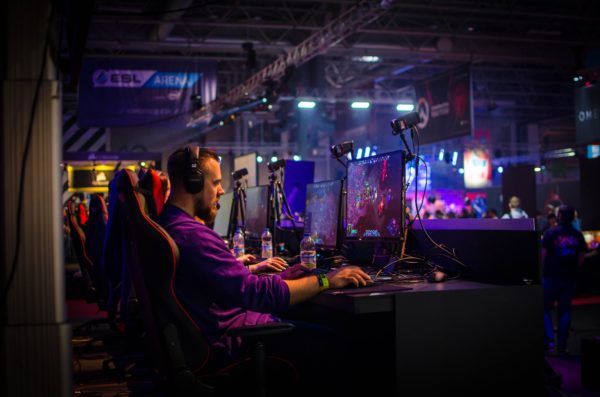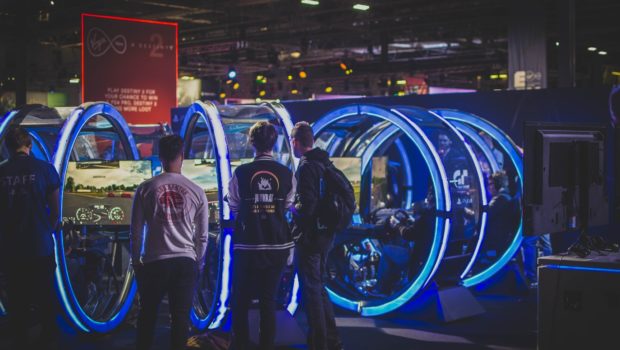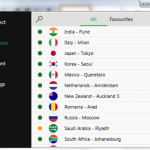The Rise of Esports in Australia and the Legal Challenges Facing Organisers
More than four million people watched esports in Australia last year, as the market down under began to well and truly bloom. In this respect, Australia finally began to make up ground on nations in Asia, Europe and the U.S., which have blazed a trail in the esports market over the last few years.
This culminated in the opening of Sydney’s first dedicated esports arena in May, with this venue subsequently hosting the Elite Series league for local residents.
Now, Victoria in Melbourne is preparing to host the biggest live esports event in Australia to date, with this seminal experience set to take place in September. The Melbourne Esports Open is expected to draw a global audience in excess of 385 million, while laying the foundation for future growth in the marketplace.
Building venues and hosting esports tournaments represent a huge responsibility, however, and one that’s fraught with legal challenges. We’ll explore these below while asking how they can be overcome:
Respecting IP Protection Laws in the Esports Market

There is a surprising lack of established or universal esports law, either on an international or domestic level. This can make it hard for event organisers to create a global tournament that is genuinely compliant, with intellectual property (IP) laws among the most challenging considerations.
As esports tournaments are built around specific games and franchises, it’s important to note that the IP rights reside with the initial creators. As a result, they retain a significant level of control over how these rights are exercised, which in turn impacts on the nature of your event and its format.
In some instances, developers may license their IP rights directly to organisers, enabling them to recreate the vision for their event. However, some developers may want to retain control of their IP and its application, requiring a greater need for collaboration and compromise during negotiations.
If you are granted the IP rights on a temporary basis, this will also come at a price and you’ll need to factor this into your original budget when planning the event.
Respecting the Laws and Requirements for Venues
From the perspective of the venue, it’s also crucial that organisers create a compliant and non-traditional space in which players can compete. There are numerous rules and guidelines surrounding this, many of which blur the lines between insurance, health and safety and the esports market as a whole.
Essentially, the unique nature of esports demands a customised venue layout, and one that is properly configured with the latest audio and visual equipment. The layout must also lend itself to the individual needs of players, while creating adequate room for a viewing audience. This requires considerable financial investment and research into the unique demands placed on an esports venue.
These requirements must also be met in order to secure insurance for the venue and the event itself, which is crucial when guaranteeing the safety of players and spectators alike.
Event organisers should also make room for broadcasters, as most major esports are now streamed live through a number of on-demand channels. So not only must contracts be agreed to determine who has the rights to broadcast individual tournaments, but organisers must also create a functional and welcoming environment for streamers.















